Kruger National Park Management Issues: Fire
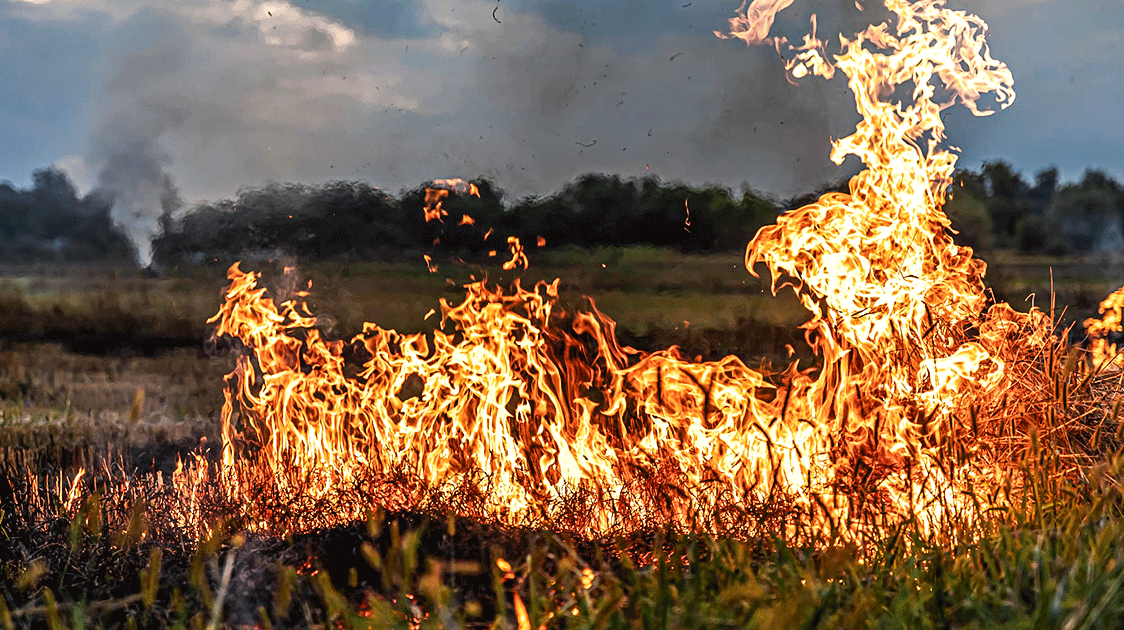
By Dr Salomon Joubert
Fire entered the discussion by way of my concern about the lack of vegetation monitoring. Not only elephants have an impact on the vegetation but also veld fires. At this stage it is apparent that nothing is being done to monitor the effects of what may be regarded as a highly unnatural fire regime. I am not sure whether the field rangers are still responsible for veld condition assessments, which could go some way towards monitoring.
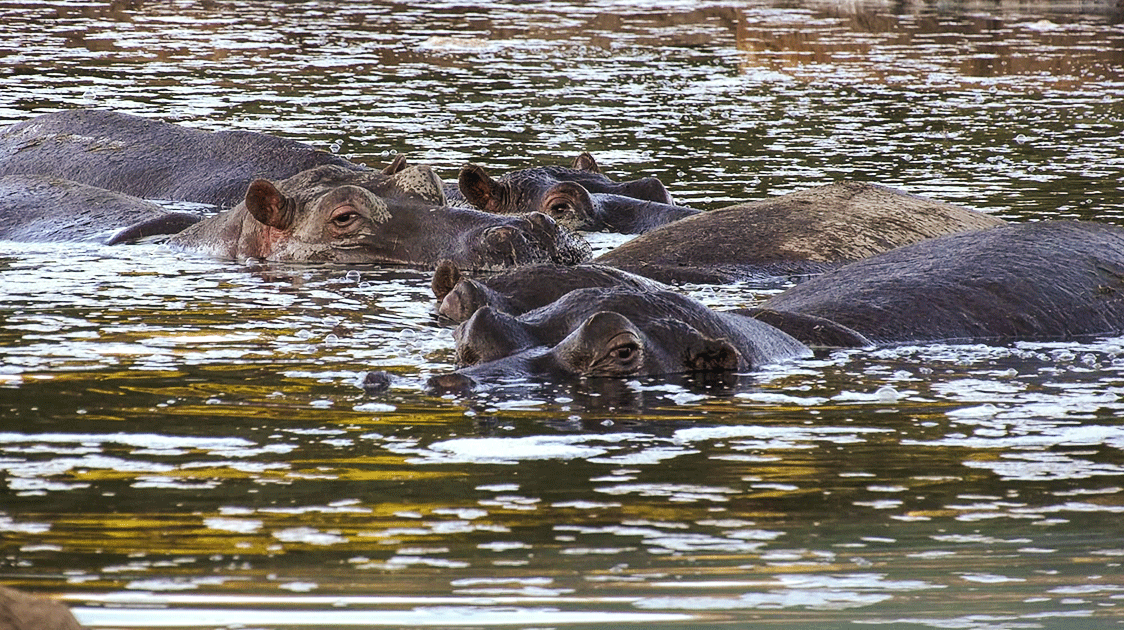
I do, however, find it extremely strange that the Park justifies the closing of artificial water points to comply with a more natural situation but applies a fire policy that flies in the face of its mission statement to “maintain biodiversity in all its natural facets and fluxes …”
Fire cannot be ignored as a very important natural process but its present mismanagement places a question mark over any other attempts to convince me that the Park is serious about abiding by the ‘facets and fluxes’ of nature.
I have heard arguments in support of the present policy, including the need to ‘create diversity’ and simulate fires applied by rural communities over the past several centuries.
Neither of these arguments is relevant: on what basis can the Park justify its claim of ‘creating diversity’ in direct contradiction to natural processes, and why select one aspect of land use from earlier times and not all the other?
Why not also try to simulate the effect bygone settlements had on the environment, their monopolization (and poisoning) of water holes or their impacts on herbivores and carnivores?
The extent, intensity and effect of lightning fires are not only dictated by the fuel load but also by the prevailing conditions at the time of the fires, i.e. season, time of day (usually late afternoon) and atmospheric conditions such as temperature, humidity, wind, nitrogen fixation, etc. Lightning fires are frequently followed shortly after ignition by rain. This creates natural diversity in harmony with all the other natural processes.
Of course, in times of high rainfall and the accumulation of heavy fuel loads, fires can be severe, fully in accordance with the natural flexes and fluxes of the ecosystems.
Natural fires usually occur during spring or early summer and, in this way, preclude burnt areas from exposure to prolonged high ambient temperatures and other factors that could negatively affect the vegetation, such as concentrations of short grass grazers at a time when grass growth is retarded.
Such fires could also upset the established spatial and temporal utilization of rangeland by herbivores.
Dr Salomon Joubert was the ex-director of the Kruger National Park in South Africa and spent 40 years in the service.

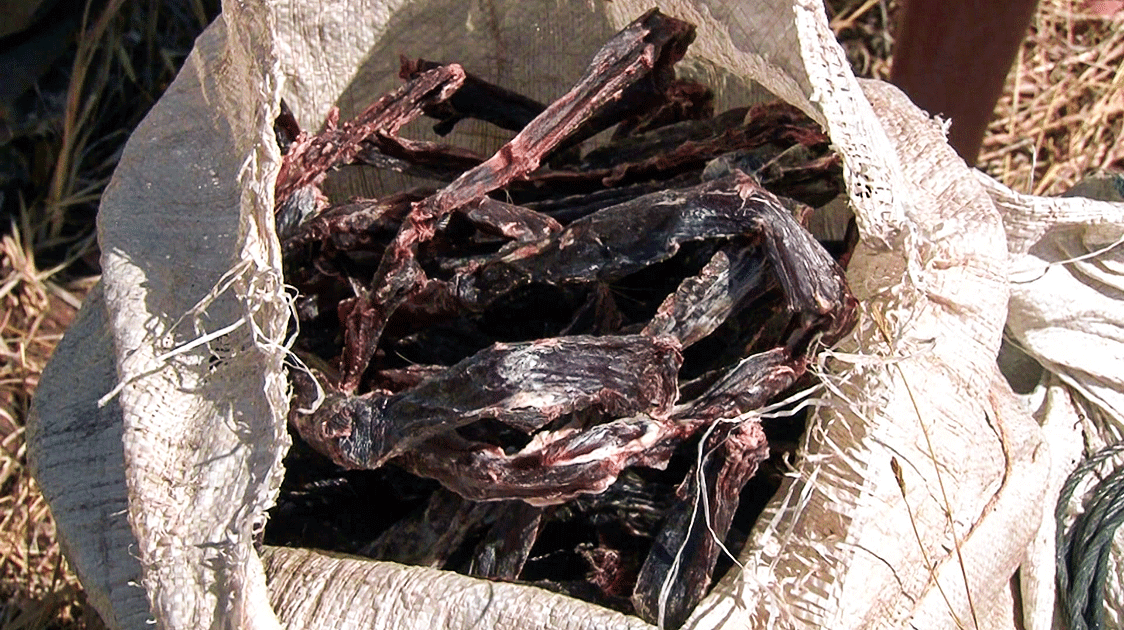
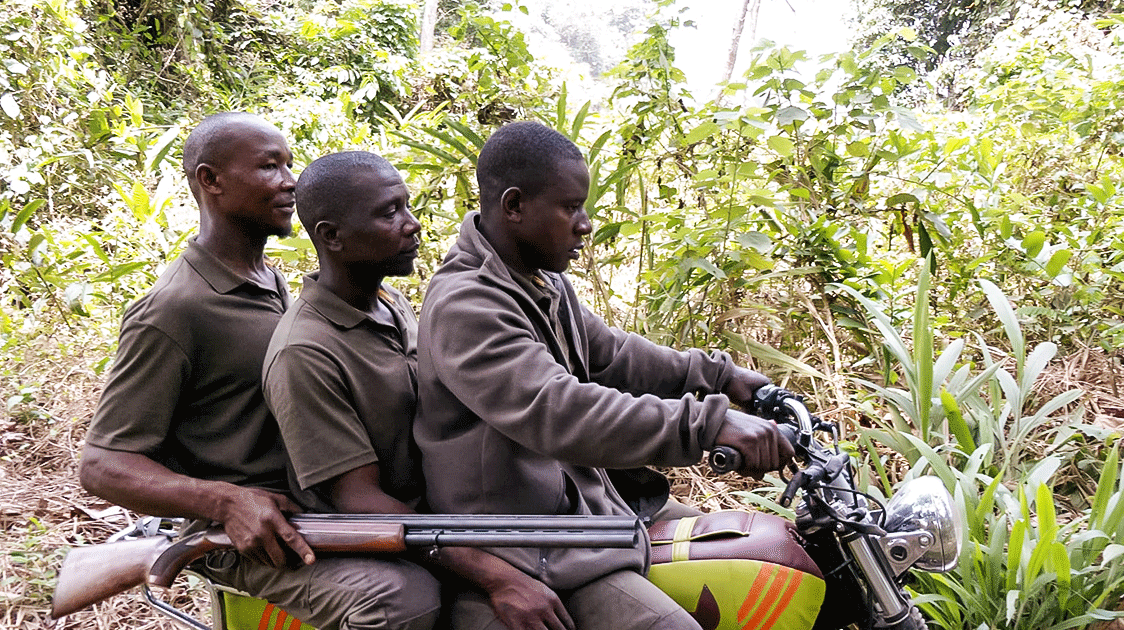
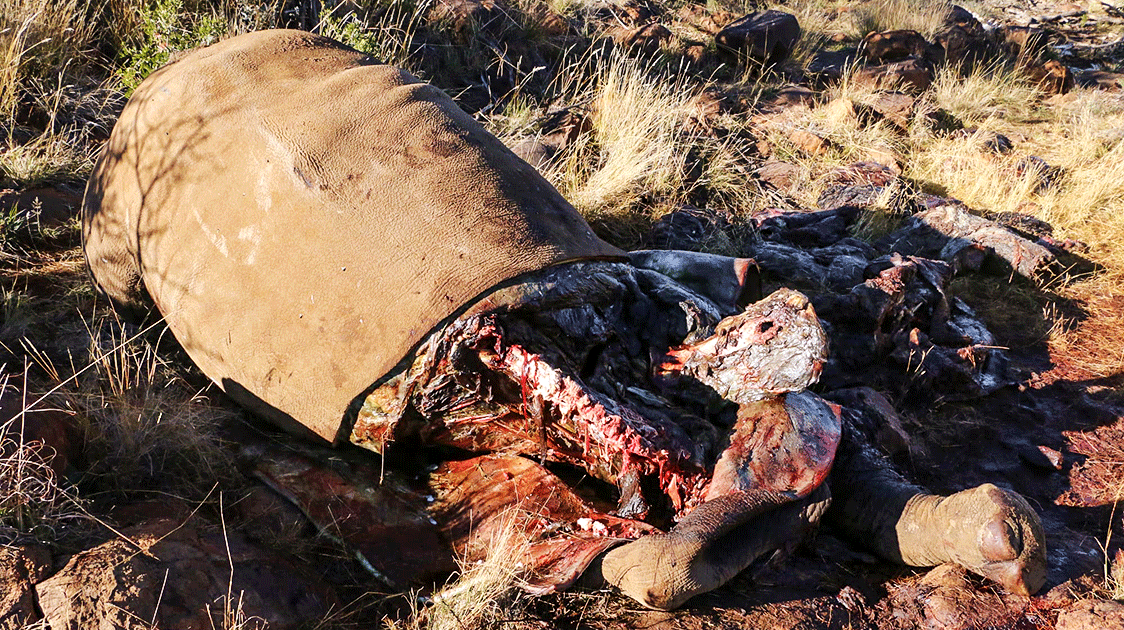
Comments ()